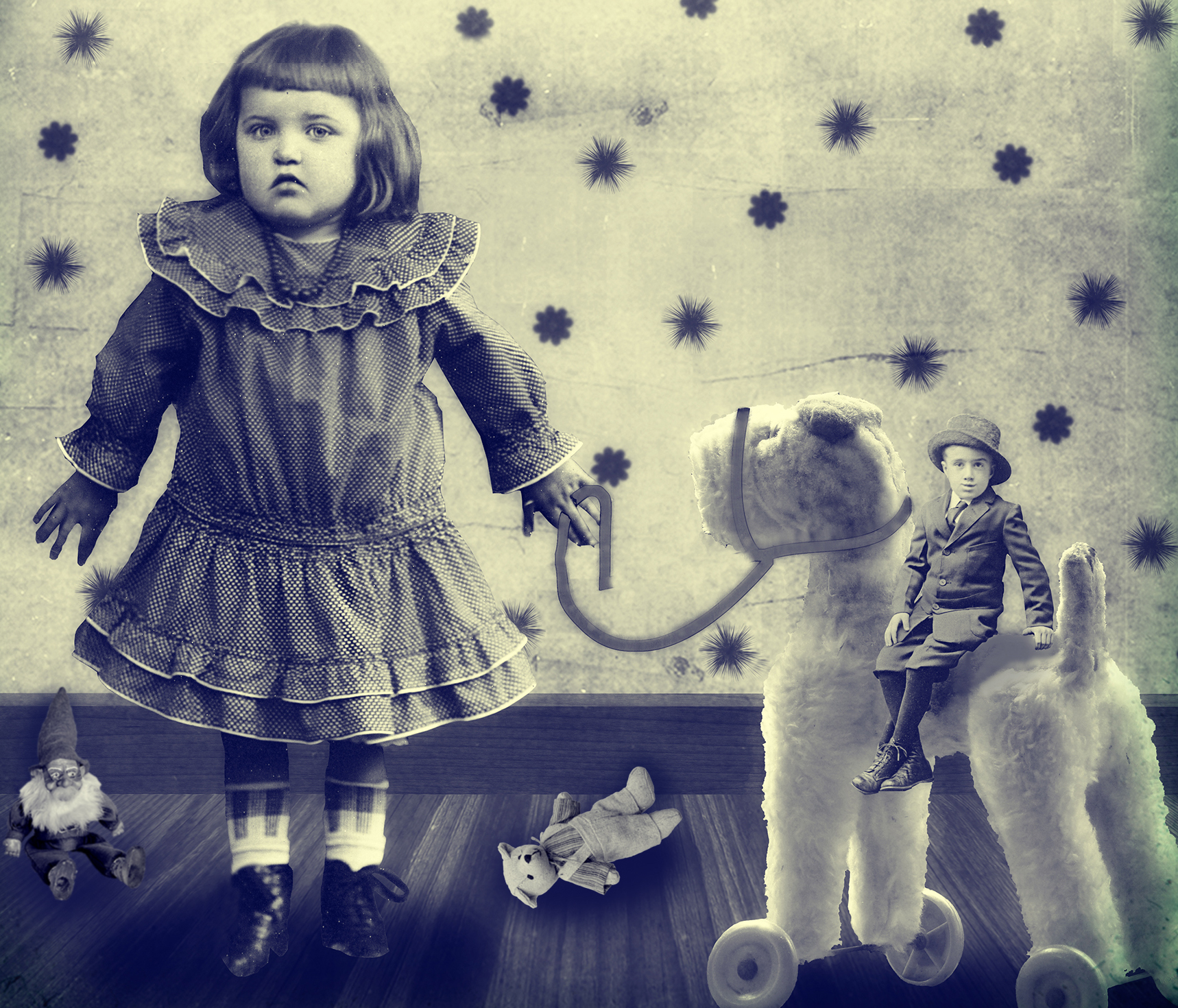Don’t throw the past away.
You might need it some rainy day.
Dreams can come true again,
When everything old is new again.
—Peter Allen, “Everything Old Is New Again”
Click here to read the articles that responded to this CFP.
My oldest daughter started kindergarten this year. And when my partner and I found ourselves in the very difficult — and also very privileged — position of deciding where she would go to school, I realized I knew next-to-nothing about primary school pedagogy. The process of choosing a school and of learning about a new thread in the multi-stranded discourse of critical pedagogy provided me with a renewed perspective on my own pedagogical practice. I have a much better appreciation for how the learning spaces and experiences I create with students relate to, and have drawn upon, pedagogies first imagined by early innovators in education such as Maria Montessori, Rudolf Steiner, and Anthony Benizet. I’ve shared my thoughts on what I learned and the profound effect it has had on how I see myself as an educator in my recent article on Hybrid Pedagogy, “Building in the Humanities Isn’t New”. Now, we are asking those of you with expertise in primary and secondary school pedagogies to share your wisdom with us.
For too long, the conversation about “higher” education has dominated the discussion of education more broadly. Conversations about how we can prepare our children for college, and why so many students enrolling in colleges and universities are unprepared for the work they will encounter are, of course, important. We have not been thinking enough — or perhaps at all — about what we’re doing wrong at the post-secondary level and how the demand to “prepare” learners for “higher” ed might be hindering the ability of our K-12 colleagues to do their jobs as educators. Increasingly, we at Hybrid Pedagogy have begun to wonder how much of what seems new and different about post-secondary pedagogies focused on building, learning by doing, service learning, etc., might actually be old hat to those who spend their days teaching in, studying carefully, or preparing others for elementary and high school classrooms.
We have also started to question the rhetoric of rupture that so often seems to mark the transition from secondary to post-secondary education for young adult learners. Lee Skallerup Bessette, Mark Spitzer, Pete Rorabaugh and Jesse Stommel, have all addressed the significance of “play” as an element in college and university settings. Anyone who has ever picked up a child from daycare, volunteered in a kindergarten classroom, or remembers vividly the lessons of the elementary school playground or high-school orchestra understands intuitively how important “play” and “playing” are in our early education.
- To what extent is the turn to “play” in post-secondary pedagogy in general, and digital pedagogy in particular, in fact a return to strategies already familiar and perhaps even tested in the K-12 context?
- What other strategies might be borrowed, loaned, or reinvented from primary and secondary pedagogy in college and university curricula?
- We are interested as much in differences that should be respected as we are in convergences that should be cultivated. Are there sound pedagogical and developmental reasons why approaches in one context may not be appropriate in another?
- What can we learn about pedagogy at all levels by being attentive to the variety among learners, and how age and maturity play a role in creating that rich diversity?
These questions, and perhaps others sparked by them, are what we hope to explore in our first “special collection” of Hybrid Pedagogy contributions. Like the articles in a special issue of a more traditional academic journal, each piece in the special collection will engage with the collection theme. Here’s how you can participate:
- Use the submission form, and make sure to select, “Yes, it is for the ‘Call for K-12 and Post-secondary Dialogue’ CFP,” in response to the question, “Is this submission related to a special collection?”.
- If you’d like to participate in the editorial process for the collection as a reviewer, please contact me @rswharton on Twitter.
- Read and comment on the pieces once they’re published and create conversation in the Hybrid Pedagogy Commons.
Submissions will all be reviewed by myself and two other readers. We will accept submissions throughout June, July, and August and will publish one special collection contribution each week for several weeks, though we will consider extending the special collection run if we receive a large number of publishable submissions. If you have questions about the process, feel free to contact me @rswharton on Twitter or submit them to the Hybrid Pedagogy Gmail account with the subject “K-12 Special Collection.”

